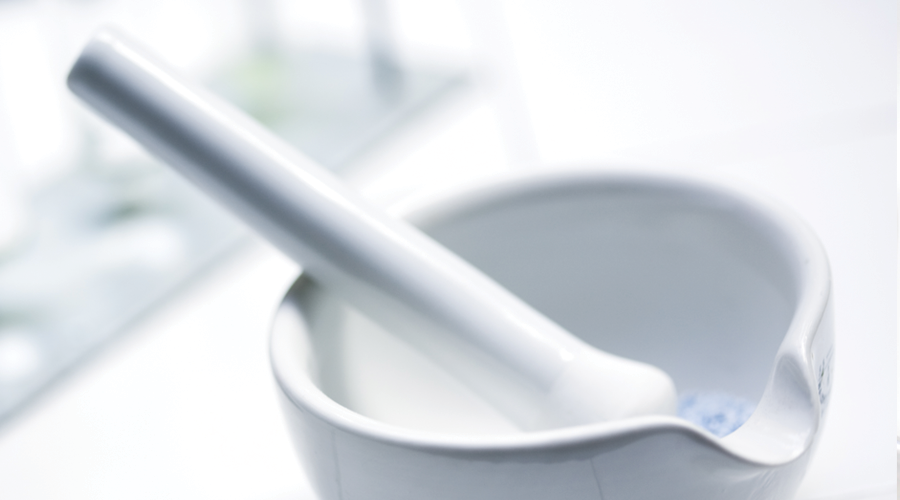Many of the patients at your pharmacy are likely Medicare beneficiaries, which means you spend a lot of time dealing with Medicare Part D claims. As you know, Part D doesn’t cover all drug benefits. Medicare Part A, Part B or Part C does cover some prescription drugs. For example, immunizations can be covered under either Part B or Part D, depending on the situation. Diabetes management and DME also often present complications when determining what treatments are covered under Part B or Part D. It’s important for your pharmacy to know about and understand all of these different instances.
After the enactment of the Medicare Prescription Drug, Improvement, and Modernization Act of 2003, billing for Medicare patients changed dramatically.
Before, coverage fell under either Medicare Part A or Part B. The introduction of the Medicare Part D Prescription Drug Plan significantly expanded the number of drugs covered under Medicare. At the same time, it created complex relationships between the different parts of Medicare, making it more difficult for pharmacists to determine how drugs are covered under Medicare’s medical and pharmacy benefit plans.
When you file a drug claim incorrectly through Medicare today, it can increase administrative costs for your pharmacy, as you may have to refile the claim and deal with billing and formulary coverage issues. This can also potentially damage your relationships with your patients when they become frustrated with billing issues. Filing a drug claim incorrectly with Medicare can also cost your pharmacy money in the event of an audit. Use these basic tips to understand the requirements for billing the different parts of Medicare.
Medicare Part A
This part of Medicare involves healthcare facilities. When a patient is covered under a qualified Medicare Part A stay, the reimbursement to the skilled nursing facility, hospital or hospice includes prescription drugs. Pharmacies must seek payment from the facility for services covered under Part A. It’s important to make sure that claims eligible for coverage under Part A are not adjudicated under Part D.
For more information, visit the CMS website about Medicare Part A.
Medicare Part B
When patients meet specific criteria, some prescription drugs may be covered under Medicare Part B. This part of Medicare helps covers doctors’ services and outpatient care. Medicare Part B does not cover self-injected medications or medications that a patient purchases at a pharmacy and then takes to a physician’s office for administration. Some examples of situations covered under Part B include insulin when used in an insulin pump, nebulized solutions when patient lives at home and oral oncology agents when used to treat cancer. Please check the CMS website for a full list of Part B vs. Part D determinations.
For more information, visit the CMS website about Medicare Part B.
Medicare Part C
This part of Medicare involves Medicare Advantage Plans, which are offered by private companies contracted to administer Medicare Part A and Part B coverage together. Medicare Advantage Plans include Health Maintenance Organizations, Preferred Provider Organizations, Private Fee-for-Service Plans, Special Needs Plans, and Medicare Medical Savings Account Plans. Patients can choose from different plans. Medicare Advantage Plans also have the option of offering Part D prescription drug coverage.
For more information, visit the CMS website about Medicare Part C.
Medicare Part D
As pharmacists, you’re likely most familiar with this part of Medicare. Medicare Part D prescription drug plans cover Part D-eligible drugs as defined by CMS. These prescription drug plans may be offered along with a Part C plan or as a standalone plan. Part D is administered by a private company and not by fee for service Medicare.
For more information, visit the CMS website about Medicare Part D.
A Member-Owned Company Serving Independent Pharmacies
PBA Health is dedicated to helping independent pharmacies reach their full potential on the buy-side of their business. Founded and owned by pharmacists, PBA Health serves independent pharmacies with group purchasing services, wholesaler contract negotiations, proprietary purchasing tools, and more.
An HDA member, PBA Health operates its own NABP-accredited secondary wholesaler with more than 6,000 SKUs, including brands, generics, narcotics CII-CV, cold-storage products, and over-the-counter (OTC) products — offering the lowest prices in the secondary market.












